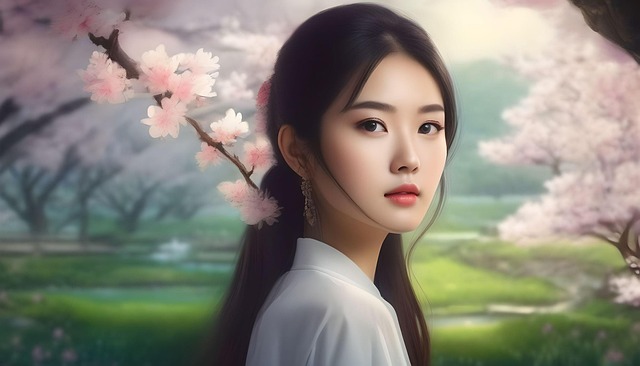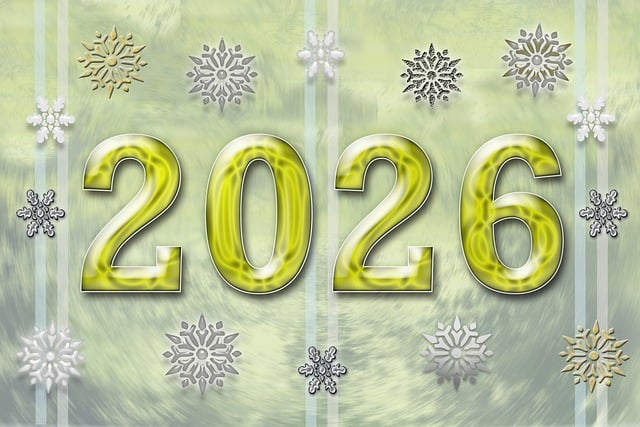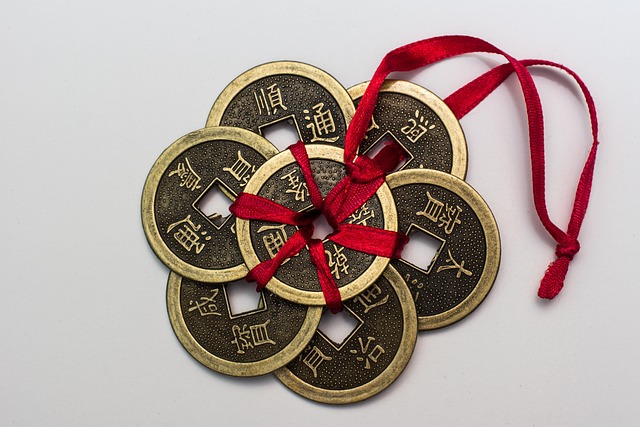Tag: Feng Shui
-

Feng Shui: Who.
Do you know who you are? Have you ever thought to question the things you do, and why you do them, the thoughts you have and why you think them? Feng shui is not a religion, it is a gentle art that can help you look into your own character and give you the confidence…
-

Feng Shui: Life-Reset.
Feng shui or Chinese geomancy, is all about trying to improve one’s life and living. I have had people laugh and treat consultants as though they were out of their mind, when they have suggested perhaps a movement of furniture in the house or a change in their garden, or maybe the placing of an…
-

Happy New Year 2026
A new year with fresh information that I hope you will enjoy! I am looking forward to uploading some great articles that I hope will help you live a more healthy, happy and satisfying life starting this year of 2026. There will be a series of articles entitled ‘Life-Style’ for those people who find it…
-

Feng Shui: Self-Care.
You are a singular creation of nature, for no one has been composed as you are. So, as you are so exceptional, you need to guard yourself from harm and danger. Therefore, according to feng shui guidelines, you need to live your life in the most balanced way as possible, indulging in yin and yang…
-

Feng Shui: Keep positive.
It is often difficult to remain positive when you are surrounded with negativity especially if you listen to or read the daily news, through the problems of family and friends at times, negativity can surround you. Some people have an aptitude to be negative and they see almost everything in an adverse way. It is…